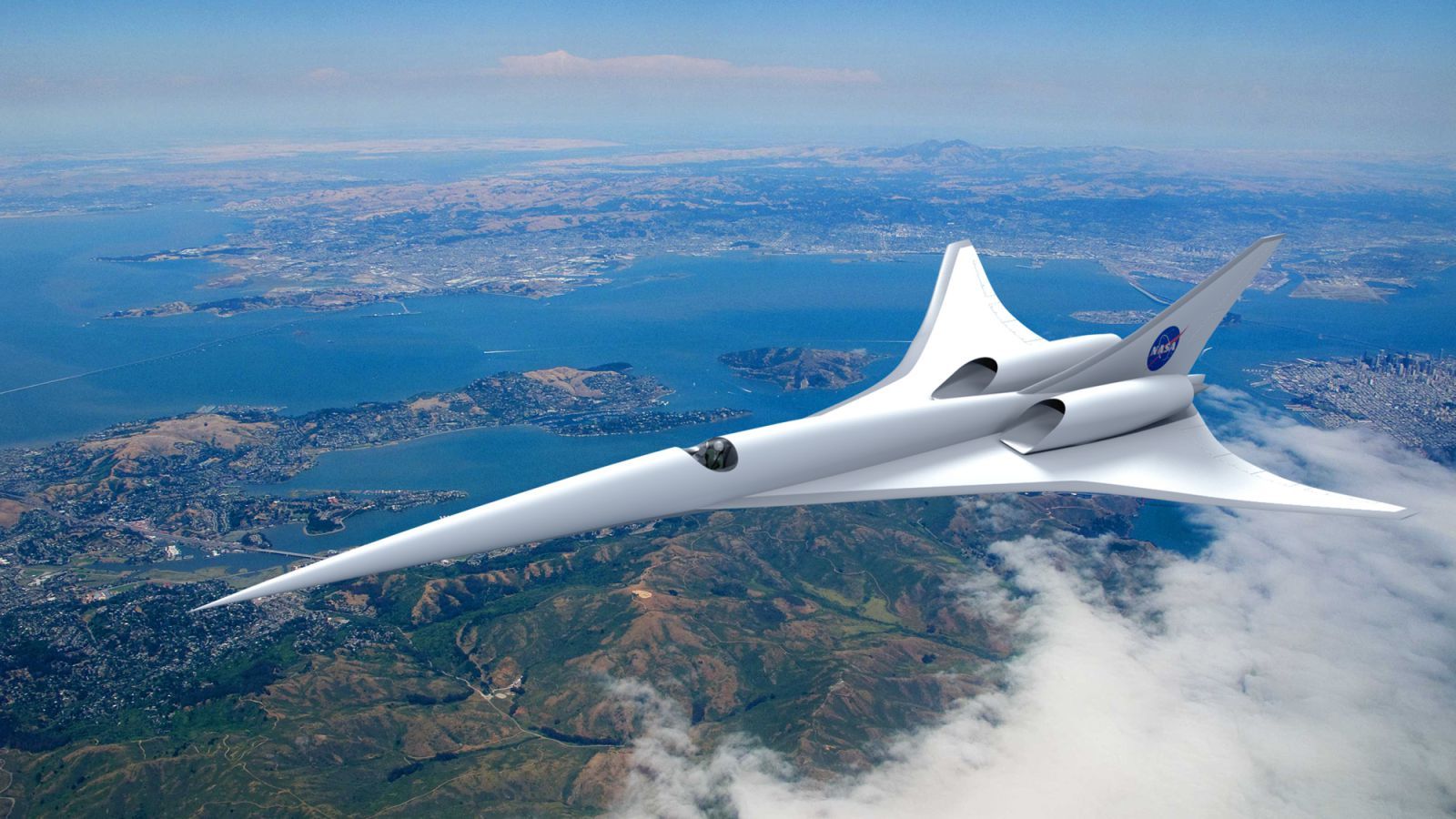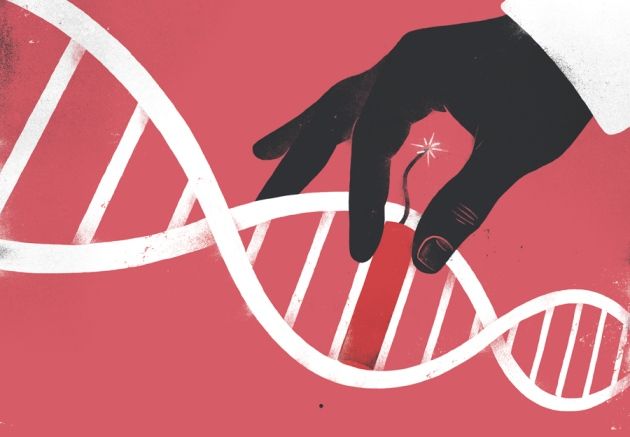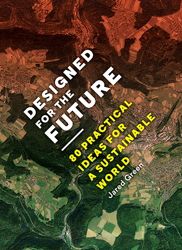“The evidence is incontrovertible that recent extinction rates are unprecedented in human history and highly unusual in Earth’s history. Our analysis emphasizes that our global society has started to destroy species of other organisms at an accelerating rate, initiating a mass extinction episode unparalleled for 65 million years. If the currently elevated extinction pace is allowed to continue, humans will soon (in as little as three human lifetimes) be deprived of many biodiversity benefits.”








